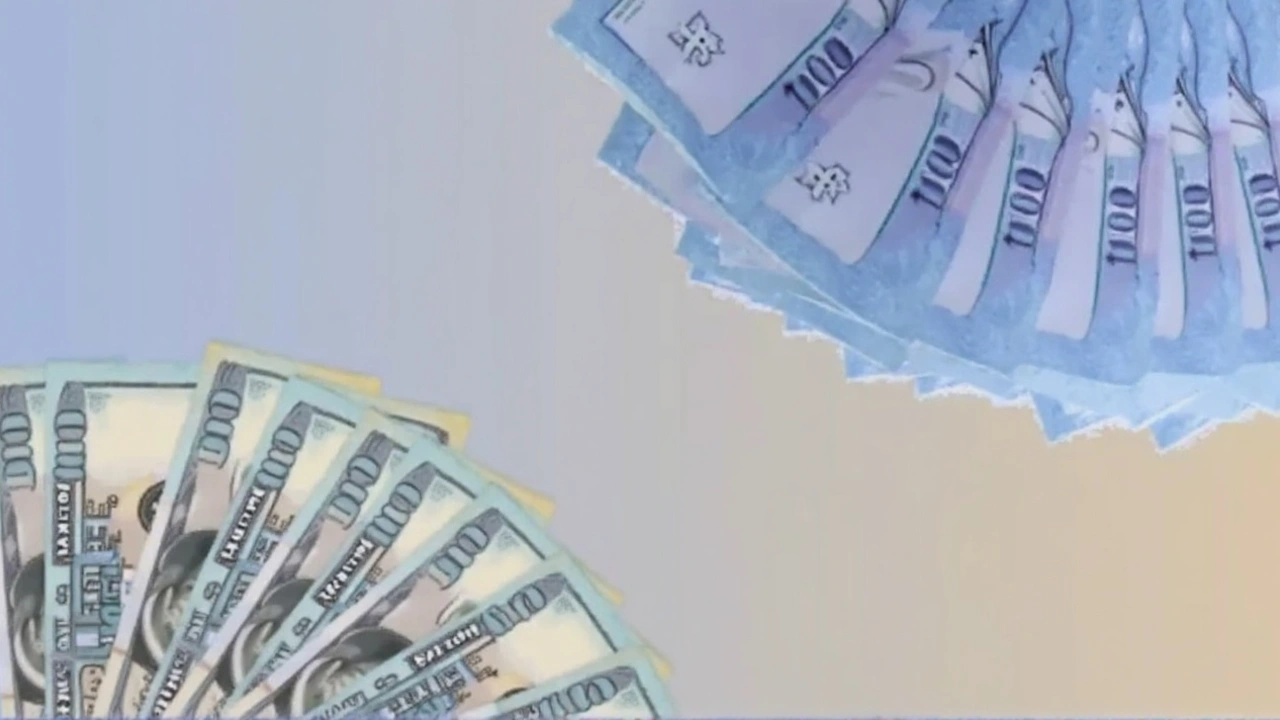Black Market News & Updates
If you’ve ever wondered why fake watches pop up in local markets or how illegal cash moves behind closed doors, you’re not alone. The black market is a hidden web that touches everything from cheap electronics to underground banking. In Africa it’s especially active because borders are long, enforcement can be thin, and demand for low‑price goods stays high.
Here we break down the biggest trends you should know about right now. We’ll look at what fuels this shadow economy, point out warning signs, and give you simple steps to protect yourself whether you’re a shopper, a business owner, or just curious.
What’s Driving the Underground Trade?
First off, price pressure is a major driver. When official imports are taxed heavily, smugglers step in with cheaper alternatives. That’s why you’ll see a flood of counterfeit sneakers and designer bags on street stalls – they’re priced way below retail because taxes and brand royalties never get paid.
Second, weak regulation creates loopholes. In some regions, customs officers are under‑trained or under‑paid, making it easy for organized groups to slip goods past checkpoints. A recent case in Kenya involved illegal timber being moved through a coastal port with little paperwork, highlighting how natural resources become black‑market commodities.
Third, technology is both a help and a hindrance. Mobile money platforms let criminals move funds instantly across borders without banks noticing. At the same time, social media groups act as marketplaces where buyers can request specific illegal items – from unlicensed medicines to forged documents.
How You Can Spot Black‑Market Risks
Spotting a shady deal isn’t rocket science. Look for prices that seem too good to be true; if a brand new phone is half the price of a reputable store, ask where it came from. Check packaging – authentic products usually have clear branding, serial numbers, and warranty info.
If you’re buying online, verify the seller’s reputation. Platforms with buyer reviews help weed out fraudsters, but remember that fake reviews exist too. A quick Google search of the vendor’s name plus “scam” can reveal hidden red flags.
For businesses, conduct regular supplier audits. Ask for import documents and cross‑check them against customs records when possible. Training staff to recognize counterfeit labeling can save you from costly legal trouble down the line.
Finally, stay informed about local enforcement actions. When authorities announce a bust – like the recent seizure of counterfeit cosmetics in South Africa – it’s a sign that similar products might be circulating nearby. News sites and official police bulletins are good sources for these updates.
The black market isn’t going away overnight, but knowing what fuels it and how to spot it puts you a step ahead. Keep an eye on price anomalies, verify sellers, and stay updated with local news. By staying alert, you protect your wallet and help curb illegal trade one purchase at a time.
Naira Faces Fresh Pressure: Black Market Exchange Rates Surge Past ₦1,600 as Official Data Lags
On June 3, 2025, Nigeria's black market exchange rates soared, with $1 trading at ₦1,605. The Central Bank of Nigeria held back on publishing new official rates, making the gap between official and street rates more obvious than ever. Traders warn about relying solely on user-reported prices, given big swings and buyer-seller differences.
READ MORE
